Bridging Borders to Address Adolescent Sleep Deprivation
Examining global policy solutions on screen time and digital wellness to inform Maryland’s health education strategy.
About the Study
Adolescent sleep deprivation is a growing public health concern in the United States. In Maryland, only 22.5% of high school students report sleeping eight hours or more on school nights, with significant impacts on mental health, learning, and well-being.
We are drawing on global evidence from Europe, Africa, and Asia to identify effective policy and school-based solutions addressing excessive screen exposure and digital wellness education. By adapting proven international approaches—such as school-based sleep curricula in Japan, later school start times in Hong Kong, digital wellness education in Finland, and group therapy interventions in Uganda and South Africa—we are generating actionable recommendations for Maryland’s schools and public health systems.
What We Do
Global Policy Review
We are analyzing policy innovations and interventions from Uganda, South Africa, Japan, the UK, Finland, Sweden, and South Korea that improve adolescent sleep and digital wellness. We are examining later school start times, screen time regulations, and school-based health education programs to identify effective models for Maryland.
Community and Stakeholder Engagement
We are conducting focus groups with Maryland parents and educators and interviews with global experts to identify barriers and opportunities for local adaptation. We are engaging directly with the Maryland Chapter of the American Academy of Pediatrics and the Maryland State Department of Education to ensure findings translate into practical, sustainable policy and curriculum changes.
Policy Translation and Advocacy
We are preparing policy briefs and presenting findings to the Maryland General Assembly, engaging key legislative committees on education and public health. We are leveraging existing partnerships to strengthen statewide policies that improve adolescent sleep and well-being.
Why It Matters
Adolescent sleep deprivation undermines academic performance, emotional health, and long-term development. Maryland’s prior interventions have had limited impact. By bridging global evidence with local policy action, we are:
- Strengthening Maryland’s digital wellness curriculum for middle and high school students
- Equipping educators and health professionals with evidence-based strategies
- Providing policy recommendations with cross-cultural relevance
- Advancing mental health and academic outcomes for adolescents statewide
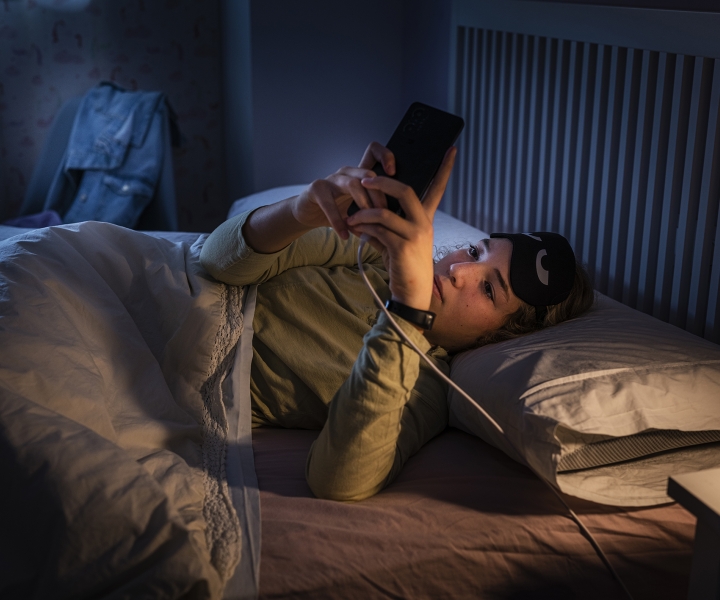
Our Team
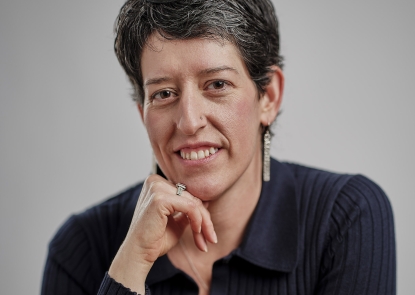
Principal Investigator
Michelle Kaufman, PhD
Associate Professor, Department of Health, Behavior and Society, Johns Hopkins Bloomberg School of Public Health
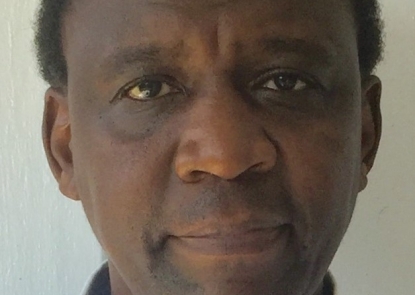
Project Lead
Martin Alilio, PhD
Public Health and Policy Specialist, Department of Health Behavior and Society, Johns Hopkins Bloomberg School of Public Health
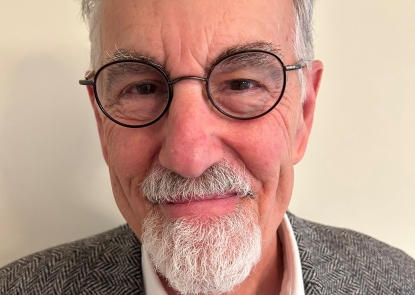
Project Pediatric Advisor
Oscar Taube, MD
Attending Physician, Division of Adolescent and Young Adult Medicine
George Washington University School of Medicine and Health Sciences
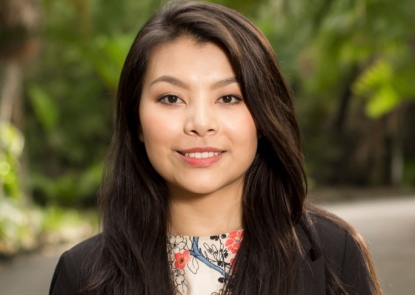
Graduate Research Support
Tenzin Lhaksampa, MHS
Graduate Assistant & PhD Student, Department of Mental Health, Johns Hopkins Bloomberg School of Public Health
Contact
For more information about the study:
Michelle Kaufman
Department of Health, Behavior and Society
Johns Hopkins Bloomberg School of Public Health
michellekaufman@jhu.edu
Partners
- Maryland State Department of Education
- Maryland Chapter, American Academy of Pediatrics
- International collaborators in Japan, Uganda, South Africa, Finland, Sweden, and the UK
